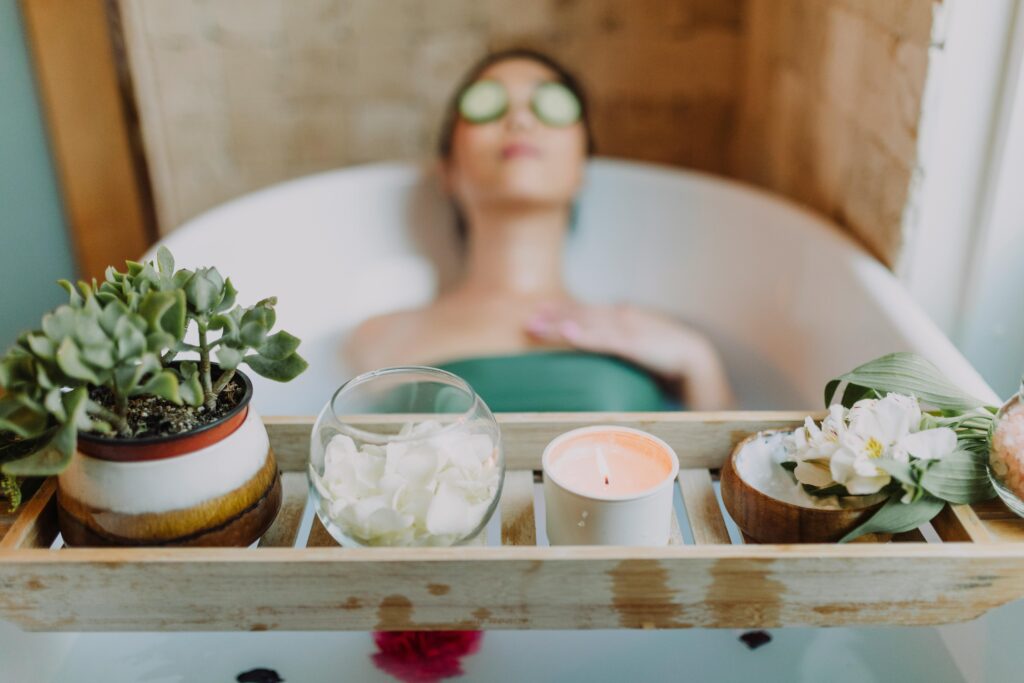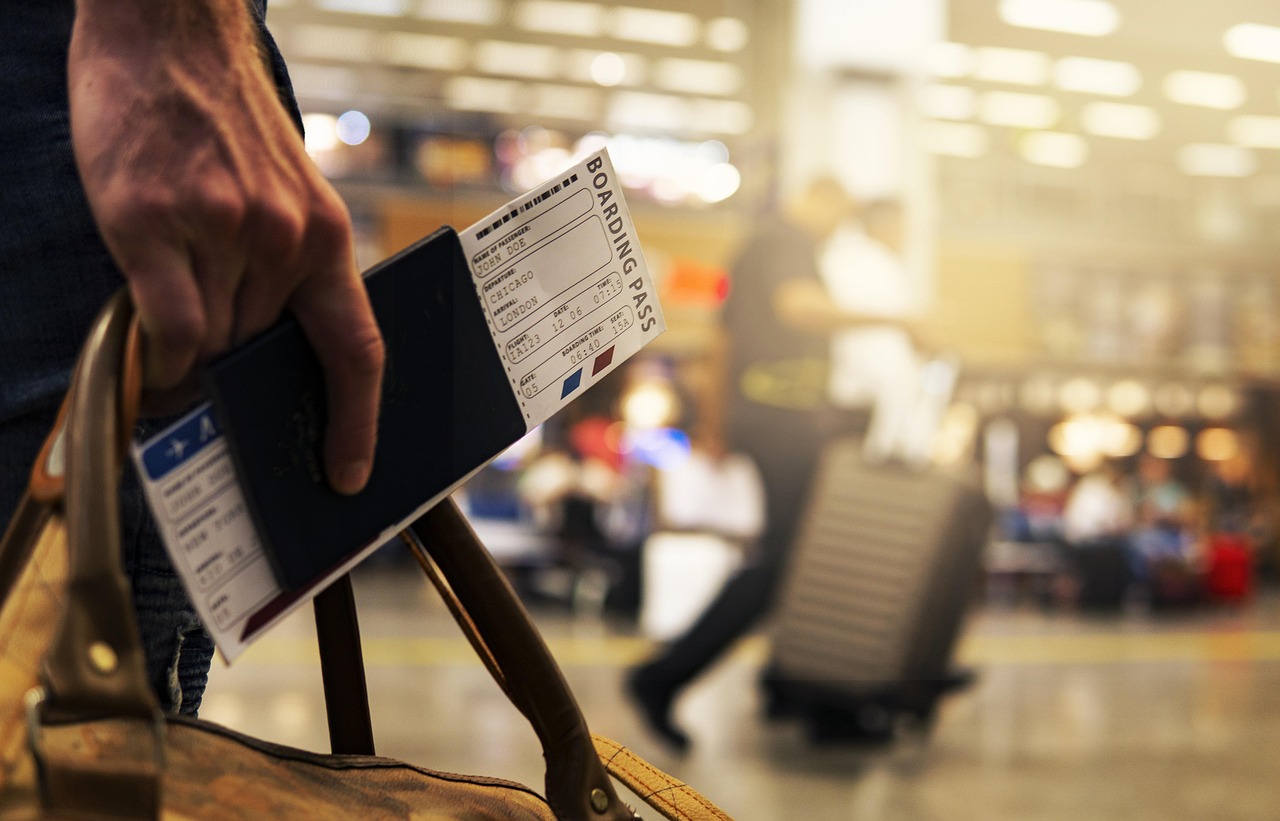
Traveling can be exciting, but it often comes with its own set of challenges, especially when it comes to sleep. Whether you’re jetting off for business, leisure, or an adventure, adjusting to new time zones and environments can lead to disrupted sleep patterns, fatigue, and jet lag. These sleep issues can leave you feeling groggy and drained, making it difficult to fully enjoy your trip.
Fortunately, there are effective strategies to help you sleep better while traveling, minimize jet lag, and take advantage of hotel amenities that support your well-being. In this guide, we’ll explore tips and tricks to ensure you arrive at your destination well-rested and ready to enjoy your journey to the fullest.
Traveling and Beating Jet Lag: How to Adjust Quickly
Jet lag is a common travel-related issue, especially when crossing multiple time zones. Your body’s internal clock, known as the circadian rhythm, can get out of sync with the local time, causing you to feel tired during the day and wide awake at night. However, you can take steps to minimize the effects of jet lag and adjust quickly.
Tips to Minimize Jet Lag:
- Adjust Your Sleep Schedule Before You Leave: A few days before your trip, start shifting your sleep schedule to match the time zone of your destination. If possible, go to bed and wake up an hour earlier or later (depending on the direction you’re traveling). This gradual adjustment will help your body transition smoothly.
- Get Sunlight Exposure: Light exposure plays a vital role in resetting your internal clock. After you arrive at your destination, spend time outdoors in natural sunlight. Morning sunlight is especially helpful in realigning your body’s rhythm. It signals to your brain that it’s daytime, helping you feel more awake and alert.

- Stay Active During the Day: Physical activity helps boost your energy and syncs your body to the new time zone. Engage in light exercise, such as walking or stretching, especially if you’re feeling tired upon arrival. This will help you stay awake and adjust to your destination’s time zone more quickly.
- Avoid Napping: Napping can be tempting, especially if you’re feeling jet-lagged. However, try to resist the urge to sleep during the day. While it may be difficult, taking a nap can interfere with your ability to sleep at night. Push through until your regular bedtime to help reset your internal clock.
- Stay Hydrated: Dehydration can exacerbate the effects of jet lag, making you feel more tired and sluggish. Drink plenty of water before, during, and after your flight to stay hydrated and help your body recover faster from travel-related fatigue.
By following these simple tips, you can minimize the effects of jet lag and adjust quickly to the local time zone, ensuring you feel refreshed and energized during your travels.
Traveling and Using Hotel Amenities for a Better Night’s Sleep
The quality of your sleep often depends on your environment. When traveling, you may not have access to the same comforts you’re used to at home, but hotels often provide amenities that can make a huge difference in the quality of your rest. From cozy bedding to soundproof rooms, here’s how you can use hotel amenities to your advantage for a better night’s sleep.
Hotel Sleep Hacks:
- Blackout Curtains for Darkness: Exposure to light, whether from streetlights or the sun, can make it difficult to fall asleep. Many hotels offer blackout curtains that block out light, creating a dark environment ideal for sleep. Be sure to close the curtains tightly before heading to bed to ensure you get a restful, uninterrupted night.
- Pillows and Comfortable Bedding: Your pillow and mattress are key to a good night’s rest. Many hotels offer different pillow options (firm, soft, hypoallergenic) to cater to your preferences. If the bedding doesn’t meet your needs, don’t hesitate to ask the front desk for additional pillows or a different mattress. Comfortable bedding can significantly enhance your sleep quality.
- Aromatherapy for Relaxation: Some hotels offer aromatherapy kits, such as lavender pillows or essential oil diffusers, known for their calming and sleep-promoting properties. Take advantage of these amenities if available, or consider packing your own essential oils for a relaxing, sleep-friendly environment.

- Noise Reduction Tools: If your room is in a noisy area, you can request a room away from elevators or busy streets. Additionally, some hotels provide noise-canceling earplugs or white noise machines that help mask ambient sounds. These can be a great way to ensure that external noise doesn’t disturb your sleep.
- Choose the Right Room Location: If noise is a concern, ask for a room on a higher floor or in a quieter area of the hotel. Rooms away from the elevator, stairwells, or busy streets are less likely to experience disturbances, making it easier for you to relax and fall asleep.
By taking full advantage of hotel amenities designed to improve sleep, you can make your room feel more like a sanctuary and enjoy better rest during your travels.
Traveling and Maintaining a Consistent Sleep Routine
Staying consistent with your bedtime routine is essential for quality sleep, especially when you’re away from home. A well-established routine signals to your body that it’s time to wind down, helping you fall asleep faster and stay asleep longer. While it may be tempting to stay up late exploring your destination, maintaining a consistent sleep routine can greatly improve your sleep quality.
Tips for Maintaining a Sleep-Friendly Routine:
- Avoid Screens Before Bed: The blue light emitted by smartphones, tablets, and laptops can interfere with your body’s production of melatonin, the hormone that regulates sleep. To promote better sleep, avoid screens at least an hour before bedtime. Instead, engage in relaxing activities like reading a book, practicing deep breathing, or meditating.
- Create a Calming Pre-Sleep Ritual: Incorporate relaxing activities into your pre-sleep routine. A warm shower or bath, drinking a cup of herbal tea (such as chamomile), or practicing mindfulness can signal to your body that it’s time to sleep. Establishing a consistent routine every night will help you unwind and prepare for restful sleep.

- Avoid Heavy Meals, Caffeine, and Alcohol Before Bed: While a heavy meal might make you feel drowsy, it can disrupt your sleep by causing indigestion or discomfort. Likewise, caffeine and alcohol can interfere with your sleep quality. Aim to eat a light dinner and avoid these substances in the hours leading up to bedtime.
- Set a Sleep Schedule: Try to go to bed and wake up at the same time each day, even while traveling. This consistency helps regulate your circadian rhythm and makes it easier for your body to adjust to new time zones.
Traveling and Sleeping Well on Long Flights
For frequent travelers, long-haul flights can pose a unique challenge for getting quality sleep. Cramped seating, loud cabin noises, and dry air can all make it difficult to rest. However, with the right approach, you can improve your chances of getting some sleep on the plane.
Tips for Sleeping on Flights:
- Choose the Best Seat: When possible, opt for a window seat. It provides something to lean against, which can make it easier to fall asleep. Additionally, you can control the window shade, helping to reduce light and create a darker environment for sleep.
- Bring Sleep Essentials: Packing a travel pillow, eye mask, and noise-canceling headphones or earplugs will help block out light and sound, making it easier to sleep. Many travelers find these items essential for achieving quality rest on long flights.
For tips on what to pack before you catch your flight, I recommend you to read our articles Airport Must-Haves: 11 Essential Items for Stress-Free Travel, Top 10 Must-Have Travel Accessories for a Stress-Free Trip in 2025 and Travel Gadgets for a Stress-Free Journey
- Hydrate and Avoid Caffeine: Airplane cabins are often dry, which can leave you feeling dehydrated and uncomfortable. Drink plenty of water before and during the flight to stay hydrated. Avoid caffeinated beverages, as they can make it harder to fall asleep and stay asleep.
- Adjust to the Destination’s Time Zone: To minimize jet lag, adjust your sleep schedule to the time zone of your destination before you board the plane. If you’re flying overnight, try to sleep during the flight to arrive well-rested. Conversely, if you’re flying during the day, try to stay awake until you reach your destination.
Conclusion
Traveling doesn’t have to mean sacrificing your sleep. With these simple yet effective tips, you can beat jet lag, take advantage of hotel amenities, and maintain a sleep-friendly routine on the go. By prioritizing your rest, you can stay energized and focused, ensuring that your travels are as enjoyable and productive as possible. With a little planning and the right habits, traveling becomes a much more comfortable and restful experience.
For more details on planning your next adventure, visit mytripfaves.com and start your journey today! Grab today’s offer! For alerts on the latest travel cheap hotel deals and best flight offers, subscribe to our newsletters.

